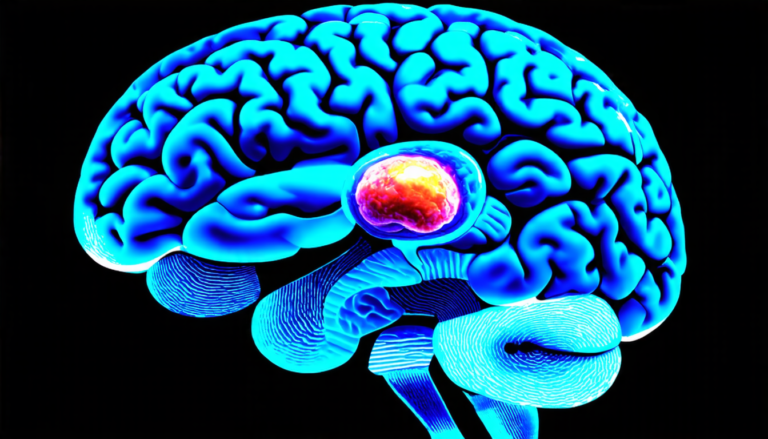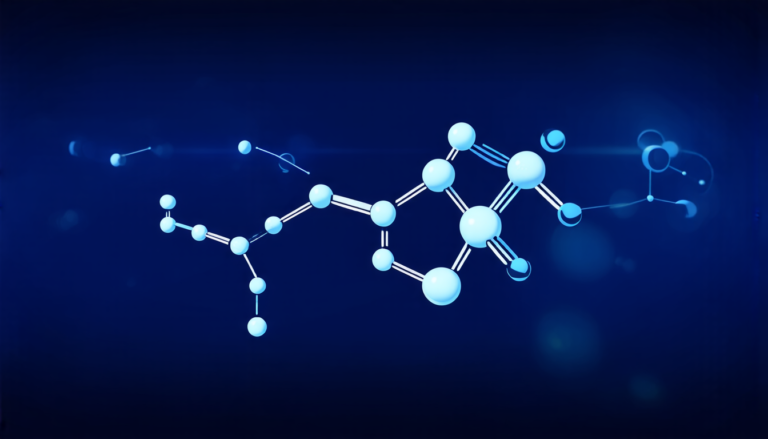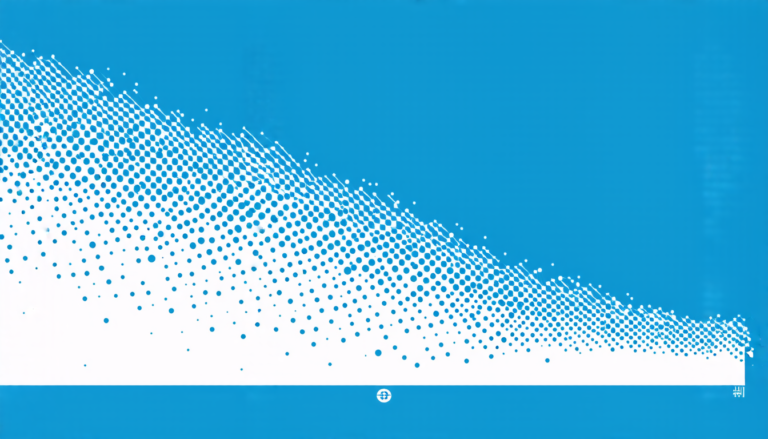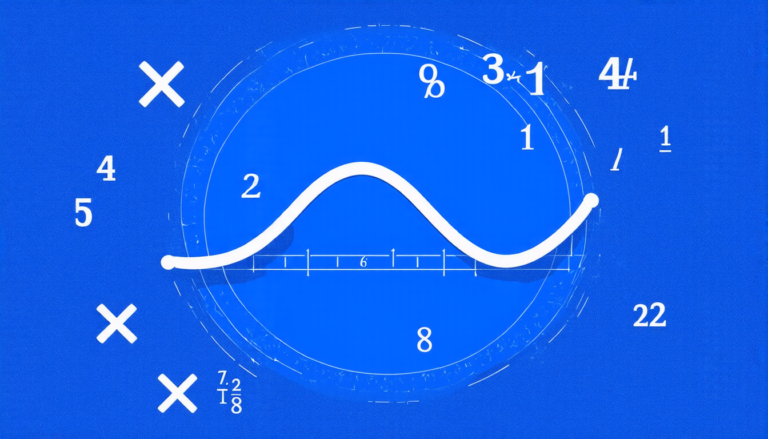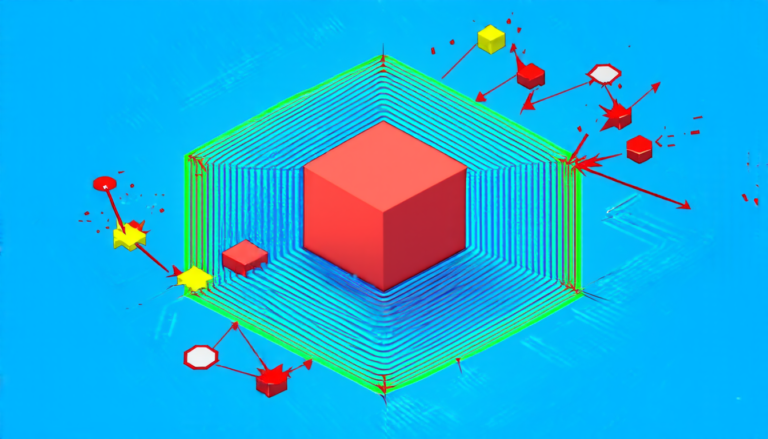Tuesday 08 April 2025
Recent breakthroughs in mathematics have shed new light on the fundamental properties of groups, a crucial concept in algebra and number theory. The study of groups has far-reaching implications for cryptography, coding theory, and computer science, among other fields.
Groups are sets of elements that can be combined using a specific operation, such as addition or multiplication, which satisfies certain properties like closure and associativity. In the case of finite groups, researchers have long sought to understand their structure and behavior, particularly in relation to their order, or number of elements.
A team of mathematicians has made significant progress in this area by developing new algorithms for enumerating and classifying finite groups. These algorithms allow for faster computation of group properties, such as the number of conjugacy classes and the order of the group.
The researchers’ approach involves using a combination of combinatorial techniques and algebraic methods to analyze the structure of finite groups. By exploiting relationships between different group properties, they have been able to develop more efficient algorithms that can handle larger groups than previously possible.
One key insight gained from this work is that certain types of groups, known as p-groups, can be enumerated much faster using these new algorithms. P-groups are important in cryptography and coding theory, where they are used to construct secure codes and encryption schemes.
The researchers’ findings also have implications for the study of graph theory, another area of mathematics with applications in computer science and physics. By understanding the properties of finite groups, mathematicians can better analyze the structure of graphs, which is crucial for solving problems like network optimization and data transmission.
These breakthroughs demonstrate the power of collaboration between mathematicians from different fields. By combining expertise in combinatorics, algebra, and number theory, researchers can tackle complex problems that have puzzled mathematicians for decades.
The potential applications of this work are vast, ranging from secure communication protocols to more efficient algorithms for solving complex computational problems. As research continues to uncover the secrets of finite groups, we can expect new breakthroughs in a variety of fields, from computer science and cryptography to physics and engineering.
In the years to come, mathematicians will likely continue to refine these algorithms and explore their implications for different areas of mathematics and computer science. The journey is far from over, but the potential rewards are well worth the effort.
Cite this article: “@#$ Cracking the Code: A Breakthrough in Group Theory and Cryptography”, The Science Archive, 2025.
Groups, Algebra, Number Theory, Cryptography, Coding Theory, Computer Science, Graph Theory, Combinatorics, Algorithms, Finite Groups


